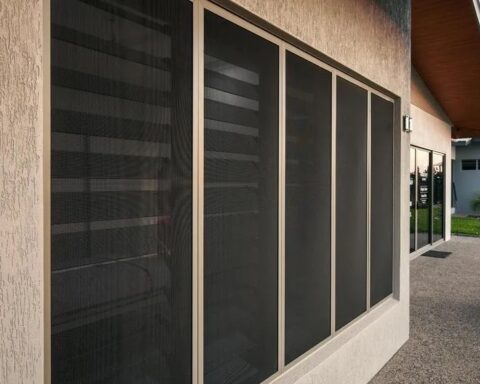Are you considering going off-grid and harnessing solar energy to power your home? One of the most crucial decisions you’ll make is selecting the right off-grid solar inverter.
This comprehensive guide will walk you through everything you need to know to make an informed choice for sustainable and reliable energy. Read on!
Determine Your Power Needs
To calculate your power requirements accurately, start by making a list of all the electrical devices and appliances you intend to power with solar energy. Note down their wattage ratings and how many hours each device is typically used per day. Then multiply the wattage by the number of hours to get the total watt-hours (Wh) per day.
Next, add up all the Wh values to get your daily energy consumption. Keep in mind that this does not account for any seasonal variations. So, it’s always best to add a safety margin of around 25-30% to your total energy needs.
If you hire experts like solar installers in Topeka, Kansas, they can help you accurately determine your power needs. They can then design an off-grid solar system that meets your requirements.
Choosing the Right Inverter Size
Off-grid solar inverters are available in various sizes. They typically range from 1,000 watts to over 10,000 watts. To determine the appropriate size for your system, consider both your peak power requirements and continuous power needs.
Peak power refers to the maximum amount of energy that your home will require at any given time. This is usually when multiple appliances are being used simultaneously. Continuous power, on the other hand, refers to the minimum amount of energy needed to run essential appliances during normal daily use.
It’s important to choose an inverter size that can handle both your peak and continuous power needs without being overloaded. Overloading your inverter can result in system failure and even damage to your appliances.
Types of Off-Grid Solar Inverters
Standalone inverters are the most basic type and are used for smaller off-grid systems. They convert DC power from solar panels into AC power for household use.
Battery-based inverters include additional features such as a battery charger and controller, allowing you to store excess energy in batteries for later use. They are suitable for larger off-grid systems and provide more reliability and flexibility.
Hybrid inverters combine the features of both standalone and battery-based inverters, allowing you to connect to a grid or generator as a backup power source if needed. They are the most versatile option but also tend to be more expensive. Having a solar inverter battery backup can be essential during extended periods of bad weather or when your energy consumption exceeds your solar production.
Other Factors to Consider
When choosing a solar inverter off-grid, it’s essential to consider factors such as efficiency, reliability, warranty, and compatibility with your other system components. Higher efficiency means that your inverter will convert more of the energy from your solar panels into usable electricity, reducing wastage.
Reliability is another crucial factor to consider, as your inverter is responsible for converting and delivering energy to power your home. Look for reputable brands with good reviews and warranties.
Invest in the Right Off-grid Solar Inverter
Investing in the right off-grid solar inverter is crucial for the success of your off-grid energy system. By following this guide, you can ensure reliable and efficient energy production for your home.
So take the time to do your research and make an informed choice – it will pay off in the long run.
Keep an eye for more news & updates on Essential Tribune!








